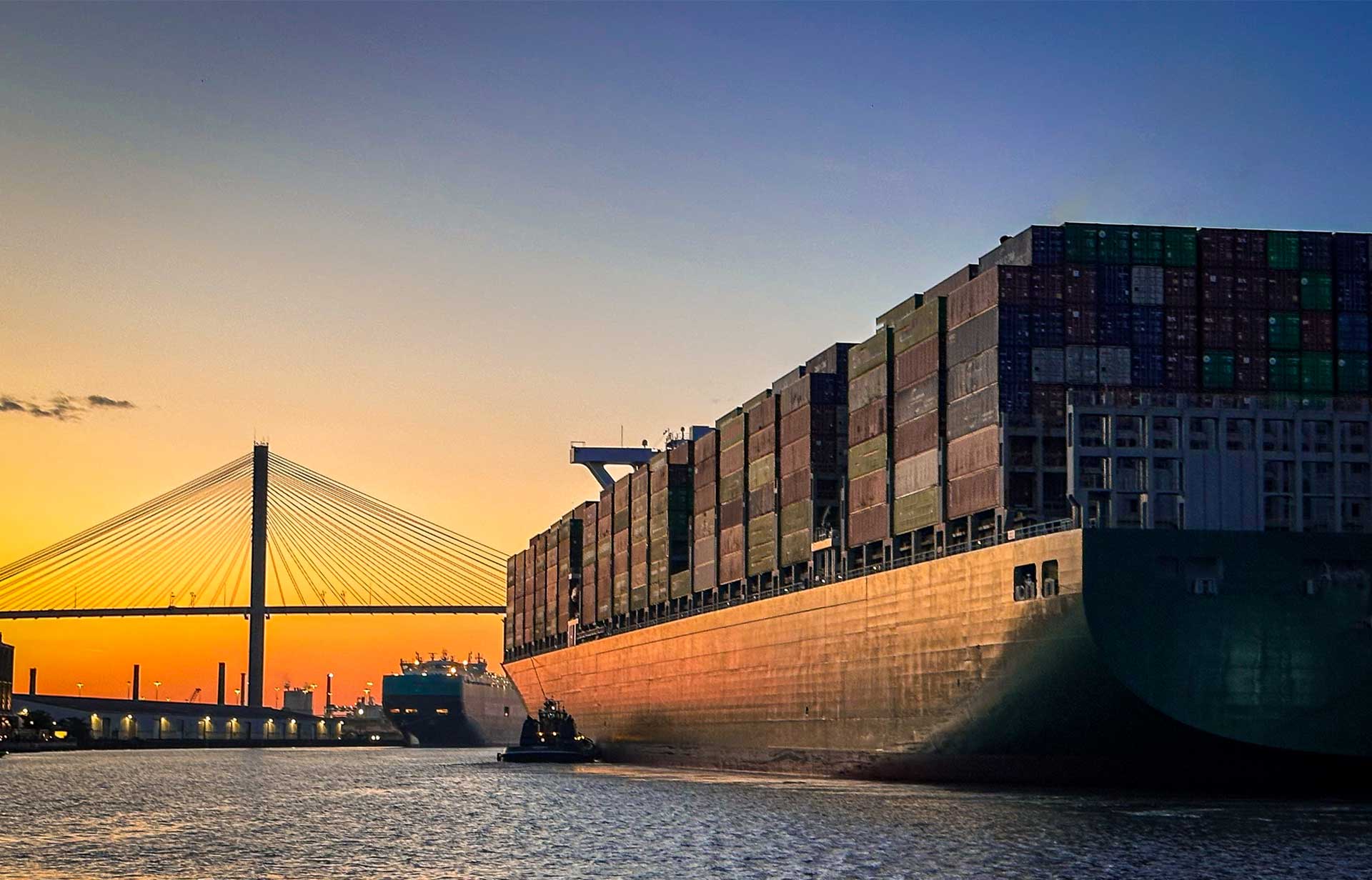
In the absence of passenger aircraft (PAX) belly-hold capacity, due to a large amount of the world’s airline fleet parked up and not operating, overall air cargo capacity will remain constrained for some time, increasing reliance on freight services and charters.
Continued high demand for air freight continues on some trade lanes, with PPE/ COVID testing kits, vaccines and component/raw material shortages driving the need for the faster transit to market.
The market has also been impacted by severe ocean freight delays, resulting in ‘distressed’ ocean freight transferring to quicker transits by air freight, taking much needed capacity.
Global vaccination programmes are likely to lead to a pick-up in passenger travel in the second half of the year, but this capacity will mainly be short-haul and domestic flights, which won’t add any capacity for long-haul cargo operations.
Long-haul travel, which is a much bigger part of global air cargo capacity, has been grounded since the first quarter of 2020 and will be slower to resume, with the market unlikely to be back to normal until 2023.
Many of the world’s larger airlines have converted some of their PAX aircraft to cargo-only ‘freighter’ flights, to ensure air freight continues to move.
In the absence of passenger ticket income, operating costs are far above their normal levels and rates have escalated to a new ‘normal’ level, which is significantly higher than the pre-pandemic level.
Unless a satisfactory return is achieved on these flights, with a revenue stream that covers costs, aircraft are withdrawn, reducing capacity further and through market dynamics, costs rise further, to make it attractive and viable carriers to continue operating PAX freighters.
In terms of additional dedicated freighter aircraft coming into the market to alleviate any capacity shortfall, the lead times for production and converting freighter aircraft are long and the uncertain economic outlook may deter companies from investing in all-cargo aircraft.
With the air freight belly-hold capacity constriction likely to last, chartering may have to become a more permanent part of large shippers supply chains.
Where strategic capacity is available, spot rates are moving in one direction, with Shanghai to North Europe up significantly year over year and reflecting further volatility on a continual basis.
Chinese New Year has seen no softening in demand, with rate negotiations weekly or even per shipment and the number of spot rates increasing drastically compared to previous years.
Alexandre de Juniac, IATA director general, said that meeting demand without belly capacity continues to be an enormous challenge. “As countries strengthen travel restrictions in the face of new coronavirus variants, it is difficult to see improvements in passenger demand or the capacity crunch. 2021 will be another tough year.”
The COVID-19 pandemic continues to disrupt air cargo logistics chains, with measures to curb the infection rates affecting the availability of airline crew and ground staff.
New 14-day quarantine measures for pilots and crew in Hong Kong is having a significant knock-on effect by limiting crew availability, with Cathay Pacific calculating that the new quarantine rules may result in a reduction of current passenger capacity of around 60% and a reduction of current cargo capacity of around 25%.
We work closely with the world’s major scheduled and charter cargo airlines, to offer consistent and reliable transits, while monitoring capacity fluctuations, to identify volume and service options tohat meet time-sensitive shipment deadlines.





